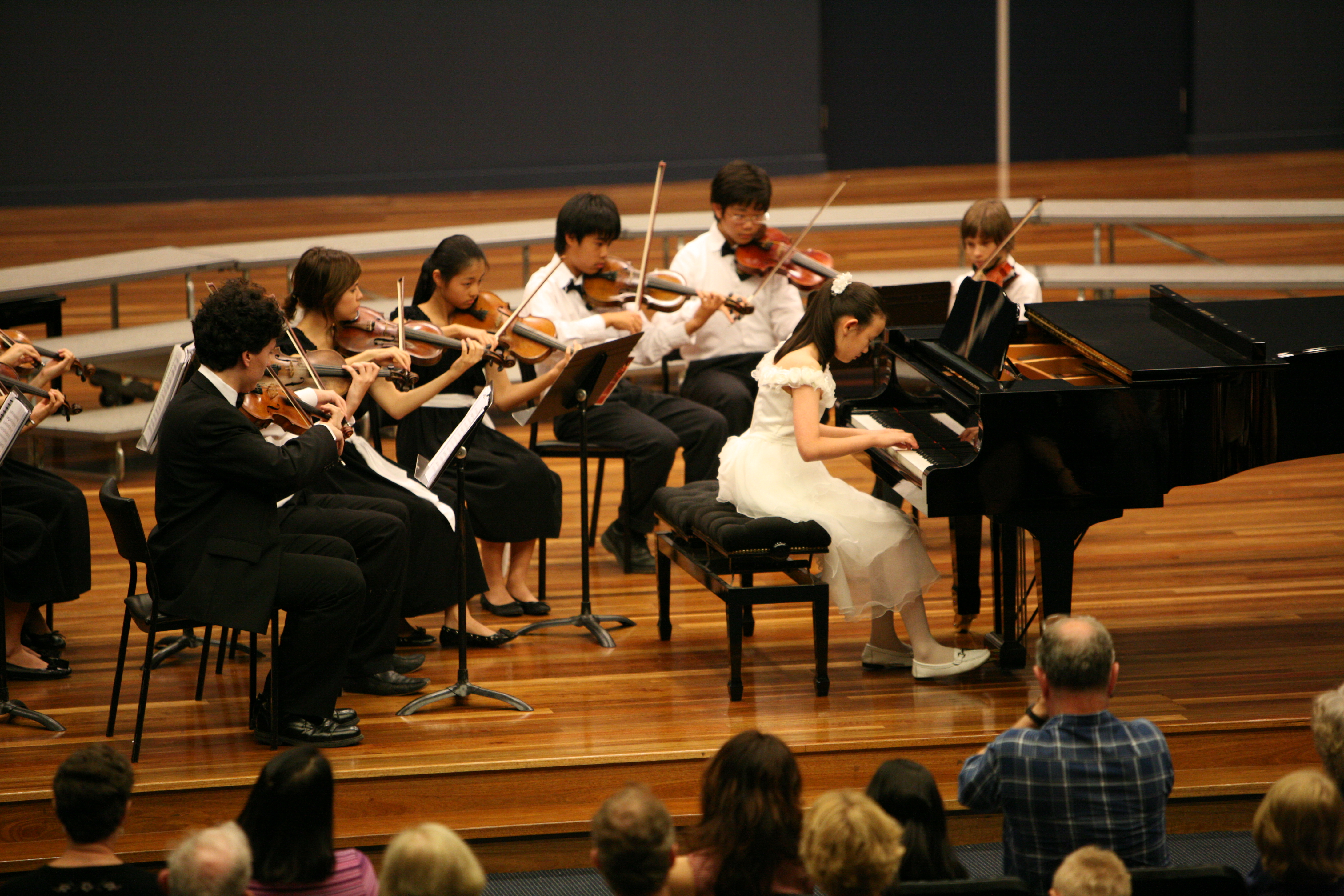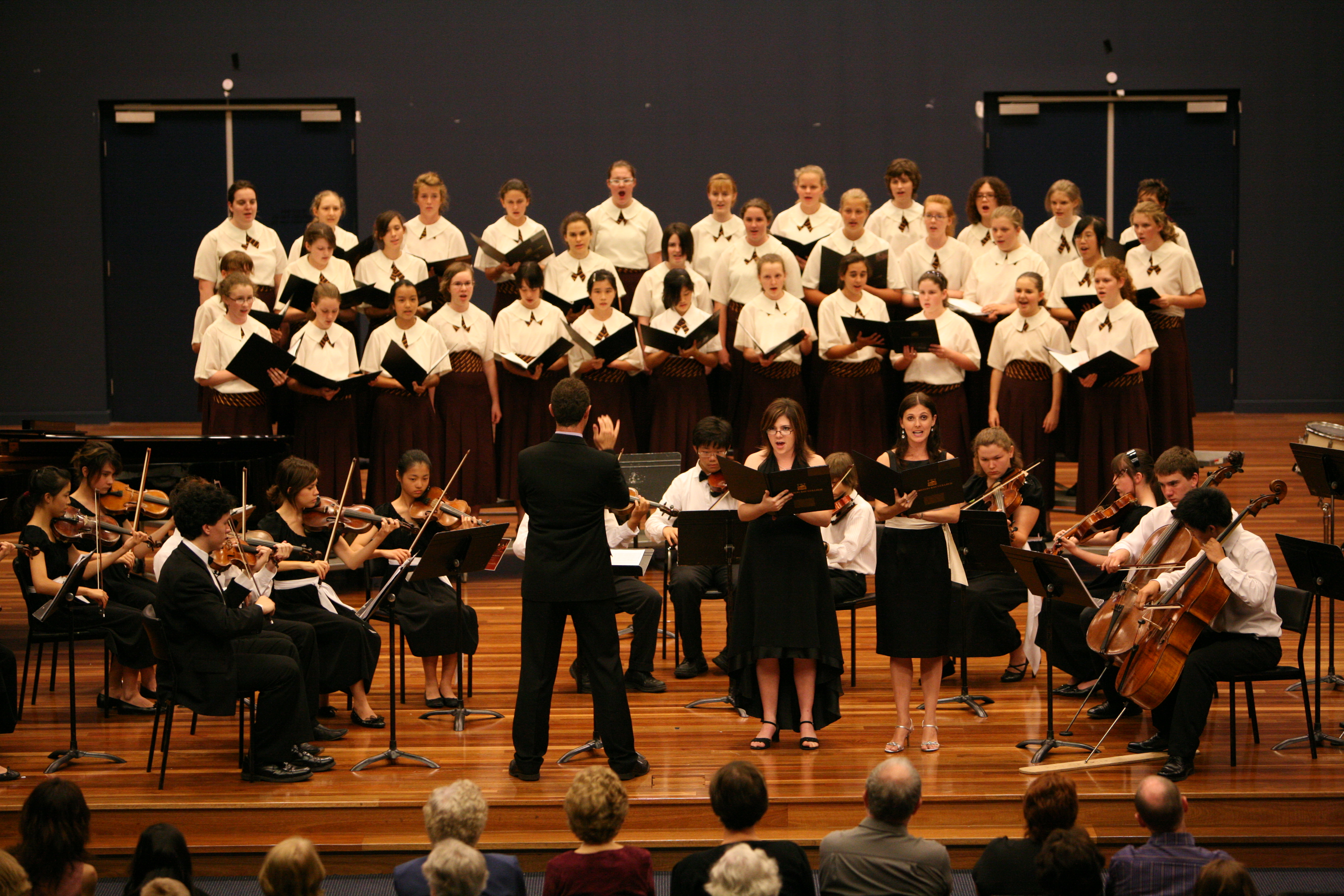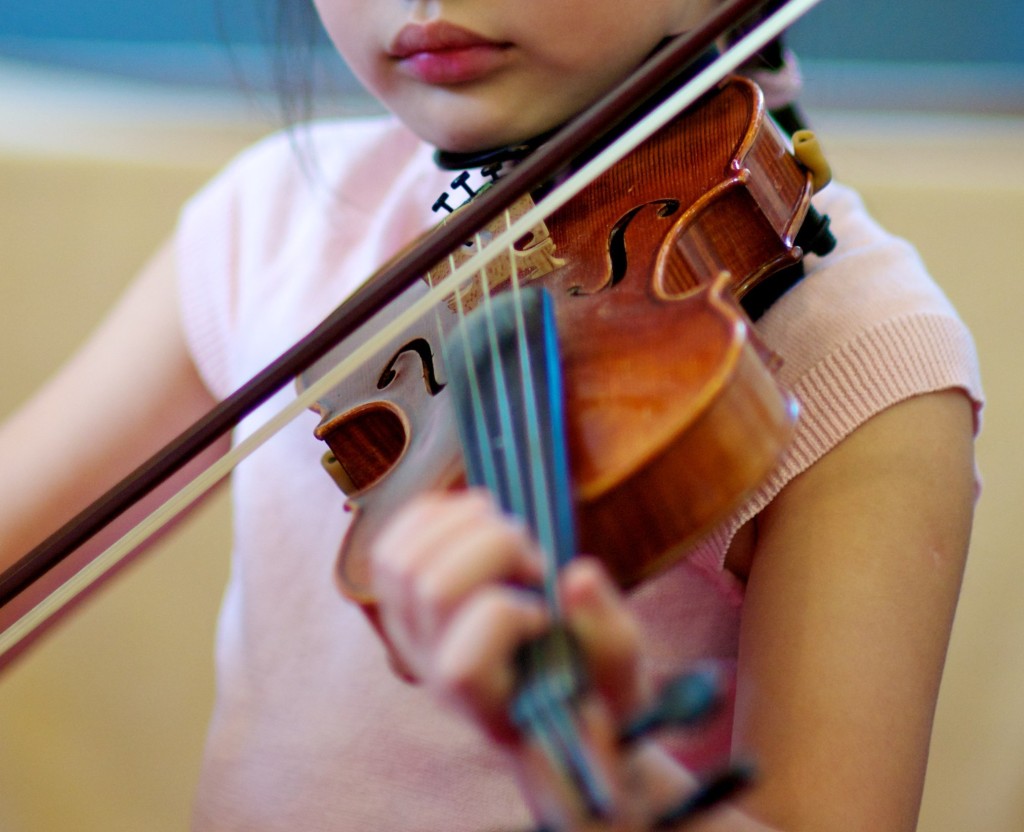Music is a powerful tool that can aid in child development in several ways. It has been observed that music intervention can promote cognitive, emotional, and social development in children.
1. Cognitive Development: Studies have shown that music can stimulate a child’s brain, enhancing their memory, attention, and cognitive skills. It also helps in improving literacy and mathematical abilities as it involves understanding patterns, sequences, and solving problems.
2. Emotional Development: Music can help children express their emotions better. It can be therapeutic, reduce stress, and improve mood. It can also boost self-esteem and self-confidence in children.
3. Social Development: Participating in group music activities can improve a child’s social skills. It encourages cooperation, teamwork, and enhances communication skills. Music can also foster a sense of belonging and acceptance among peers.
4. Language Development: Music can enhance language development in children. Singing nursery rhymes and songs can help children learn new words, improve their vocabulary, and understand the rhythm and pattern in language.
5. Motor Skills Development: Playing instruments can improve fine motor skills in children. It can help develop hand-eye coordination and precision.
6. Creativity: Music can stimulate a child’s imagination and foster creativity. It provides a form of self-expression and encourages creative thinking.
Overall, music intervention plays a significant role in child development. It is not only beneficial for children with special needs, but also for all children as it provides a holistic way of learning and development. Therefore, incorporating music in education and therapy sessions can be highly beneficial in promoting overall child development.






